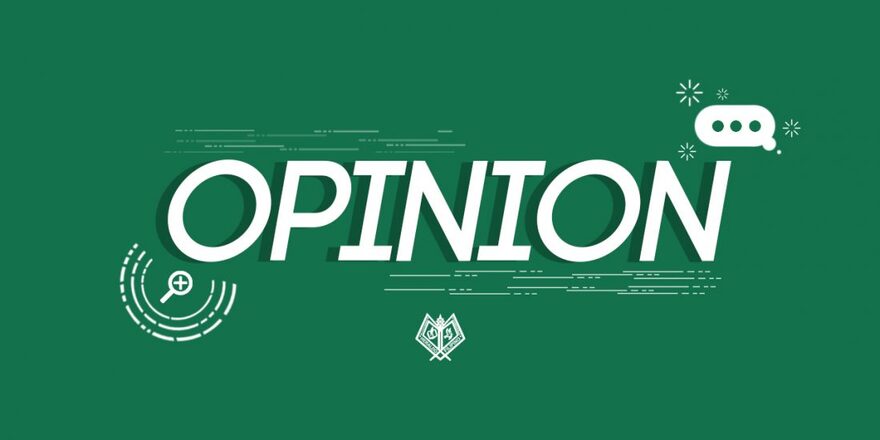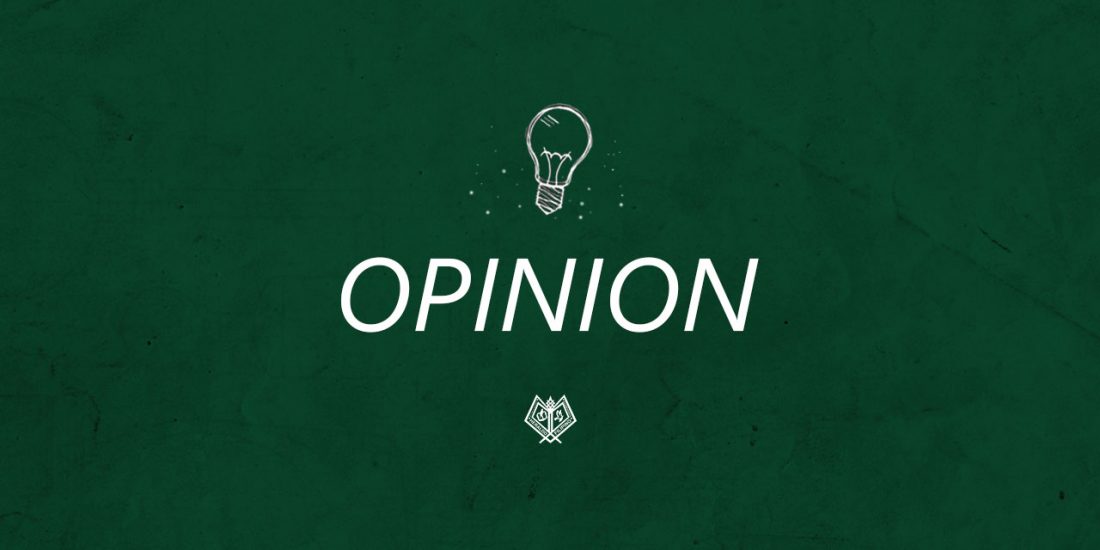Talk about privilege
In the ideal world, every child is entitled to proper education that will lead them to a bright future. However, in the real world, the term privilege kicks in.
After the reported implementation of K to 12 education by the Commission on Higher Education during the Aquino administration, thousands of Filipinos strongly protested, as it would mean longer educational requirements and more expenses for their children. However, even with the years of ongoing protests and debates, the K to 12 education still took full effect in 2016.
Perhaps unknown to privileged Filipino students already secured with their future, the number of those who do not have the means to study and join the workforce increases each year, as the government has taken neoliberalism to an entirely new level with the Philippine education system.
The term neoliberalism refers to an economic policy or perspective that limits the intervention of the government to economic activities in the country, also known as laissez-faire. In simpler terms, it refers to private sectors or companies having complete freedom to manipulate their production, increasing prices whenever and wherever they wish––leaving those who can’t afford their products and services with nothing to continue to live with in the neoliberal world. As capitalists say, let the invisible hand reign—in the form of a mighty fist.
It is no longer a term used in the classroom, but a practice finding its way to our everyday lives. It happens, and it is continuing to affect millions of Filipinos––of which the majority are impoverished.
Use our privilege as an amplifier for causes greater than ourselves.
Stepping onto the next stage of educational ladder—college—as the problems that State Universities and Colleges (SUC) students are facing, do not only increase but worsen. For instance, the recently signed free tuition bill––now called the Universal Access to Quality Tertiary Education Act––claims to alleviate SUC students as it would give them the assistance they need, covering 112 SUCs nationwide and assisting students with a full tuition grant.
However, there’s more to it than the word “free”, as even though the tuition is fully paid, the miscellaneous and other fees have a kick back with serious increases higher than before. This further implies that the situation does not only speak of the students themselves, but on how these certain SUCs plan to further increase their profits, even to the point of exploiting the less privileged Filipino people. But SUCs are not the only ones who have various experiences being controlled by the value of their tuition fees as students of private institutions also meet the same fate.
For instance, here in our own campus, the case of unknown miscellaneous and other fees repeats itself time and time again in the past academic years. Although many of our students have voiced out their concerns, a solution has still not been presented.
However, not only the school administration has been liable for the students’ unawareness of the unexplained fees. Unfortunately, a lot of students are simply uninformed, or rather majority are not concerned with it as they are expected to be, especially sgiven that the cost of their education lies on uncertain yet large amounts. Just as one DLSU-D student puts it, we are living in a fishbowl where we’re fed what we are “supposed” to learn and never going beyond our glass cage to learn more—becoming observers of the world as it passes by, but never active participants when change occurs.
Let this be an eye-opener for us, DLSU-D students who are more privileged than the rest, that we must not be blinded from seeing that the Philippine education system slowly closes the gates to the poor Filipinos who only seek a path that’ll lead to a bright future. That’s where the principle of equity must come into play—because while equality gives everyone the equal opportunity, equity means giving each individual what they need to thrive. There’s a saying in law: those who have less in life should have more in law. In the same wave of thinking, those with less privilege should be given more windows of opportunities in education in order to really be at equal footing with those who have more.
Privilege becomes exploitive if we don’t use it for the advantage of all—as we climb the ladder of society, we must lift as we climb. Simply realizing our privilege and being aware, while the first step, is never going to be enough. Instead, to serve as the voice of those who cannot be heard is what we can do––using our privilege as an amplifier for causes greater than ourselves.
Because serving the Filipino people doesn’t end here—it starts here.




